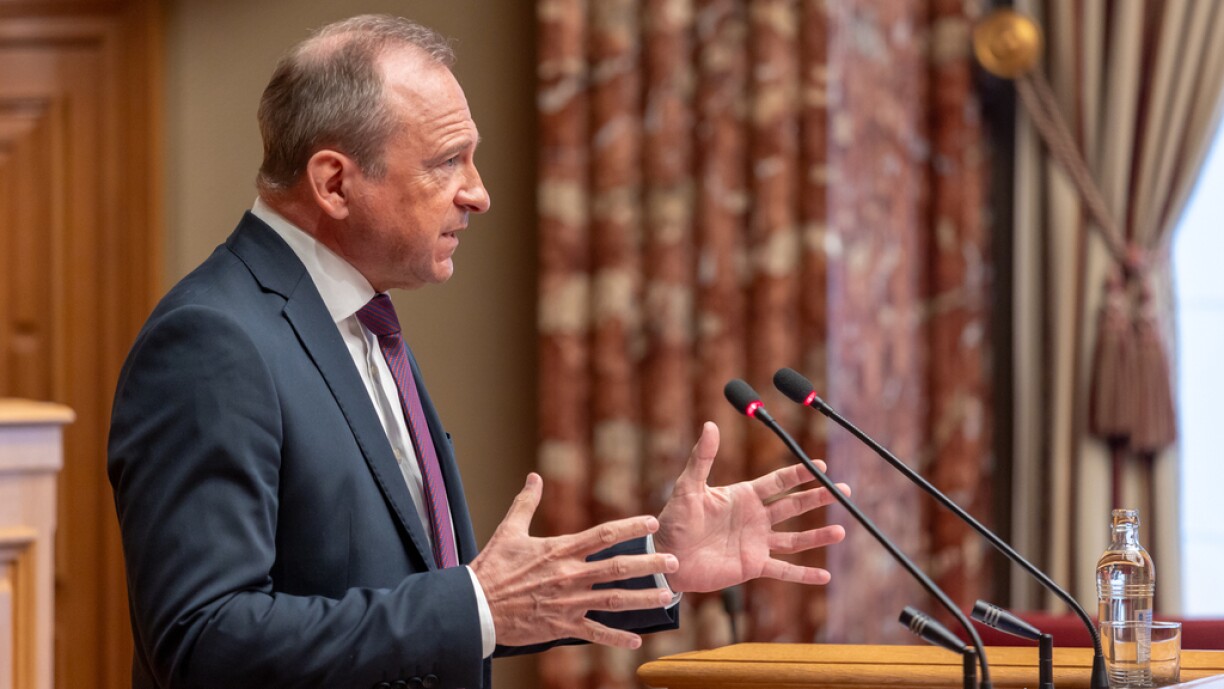
Finance minister Gilles Roth issued a formal commitment to relieve taxpayers in class 1A - mostly divorced or widowed people - over the course of the next year.
However, measures to cushion the rise in energy prices, including the price cap, will expire in 2025, in line with demands from the EU Commission and the European Central Bank. Minister for the Economy Lex Delles said the tripartite measures from before the parliamentary elections would be prepared for expiry.
Roth also defended the measures to stimulate the housing market and announced Prime Minister Luc Frieden’s plans to convene a housing roundtable.
The finance minister covered the numbers again on Wednesday, saying that central government’s budget deficit - without social security and municipal budgets - would not be as high as anticipated earlier this year, largely due to increased State revenue, but also due to lower expenses than recent years. Roth claimed he’d never said differently, and declined to use the term “austerity measures” when referring to the new budget. The average expense progression of 4% is to take the current uncertain situation into account.
Roth went on to propose a so-called “debt brake” - where the state could only spend as much as it recouped from taxes or other revenues - in which Luxembourg would stick to a medium-term objective which would no longer be mandatory according to new European budget rules. “We aren’t putting ourselves in a corset,” he explained, but added it was a question of responsibility.